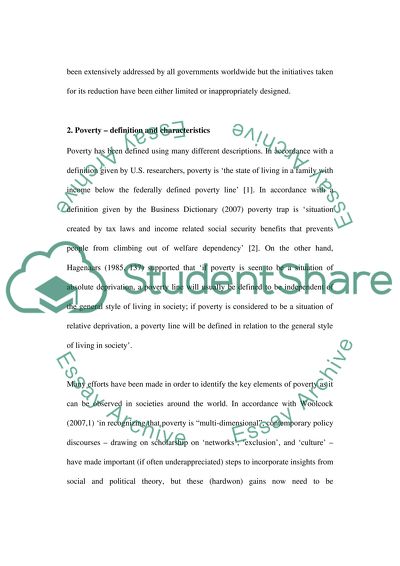Cite this document
(“Poor in society Article Example | Topics and Well Written Essays - 2500 words”, n.d.)
Poor in society Article Example | Topics and Well Written Essays - 2500 words. Retrieved from https://studentshare.org/sociology/1504417-poor-in-society
Poor in society Article Example | Topics and Well Written Essays - 2500 words. Retrieved from https://studentshare.org/sociology/1504417-poor-in-society
(Poor in Society Article Example | Topics and Well Written Essays - 2500 Words)
Poor in Society Article Example | Topics and Well Written Essays - 2500 Words. https://studentshare.org/sociology/1504417-poor-in-society.
Poor in Society Article Example | Topics and Well Written Essays - 2500 Words. https://studentshare.org/sociology/1504417-poor-in-society.
“Poor in Society Article Example | Topics and Well Written Essays - 2500 Words”, n.d. https://studentshare.org/sociology/1504417-poor-in-society.


